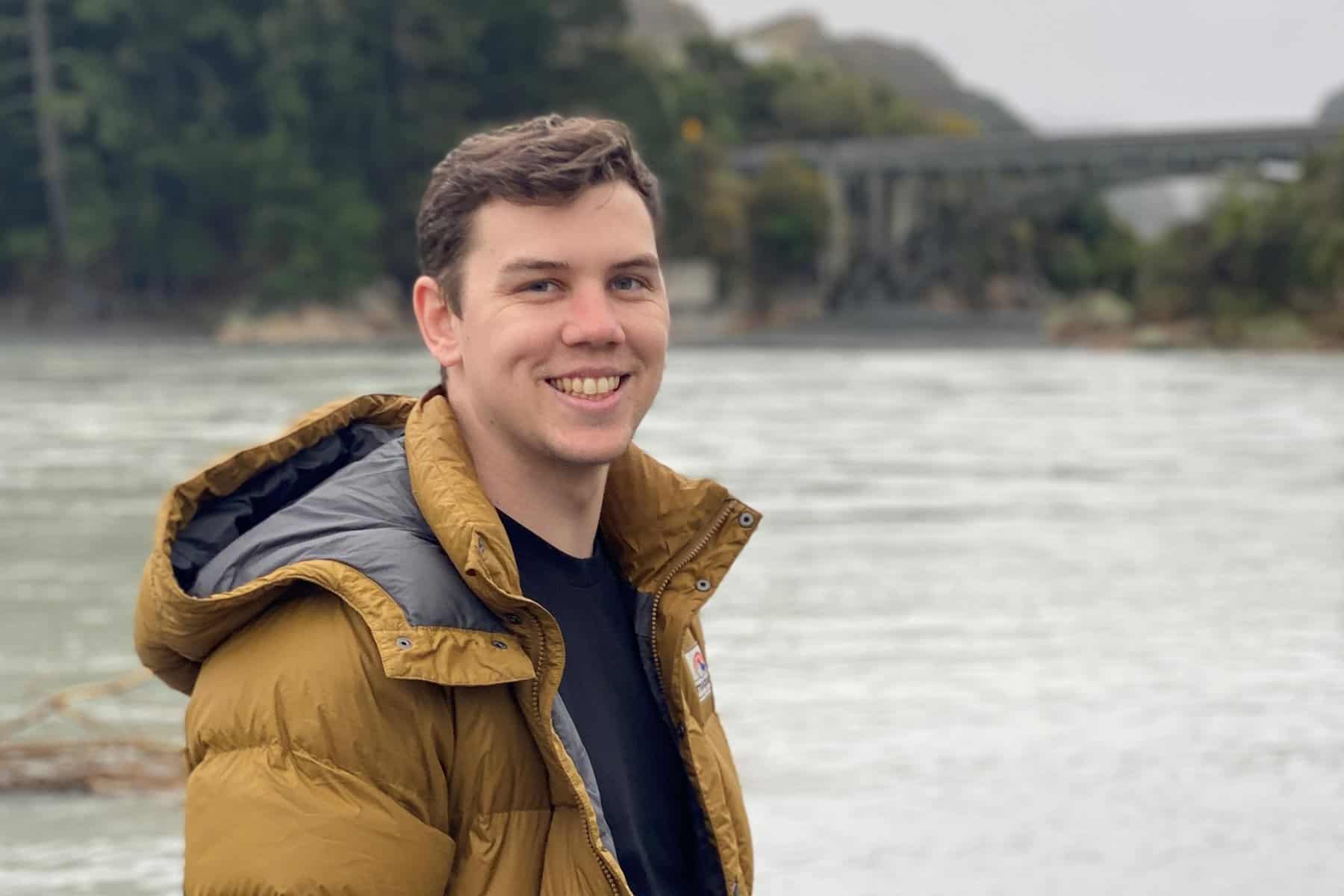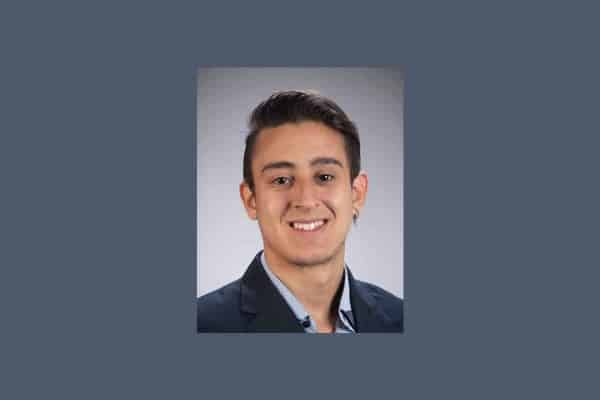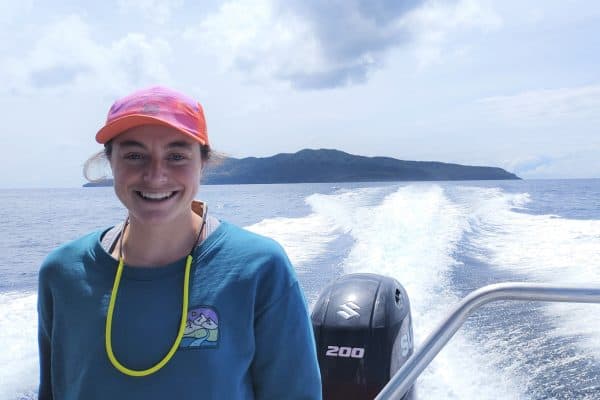Machine Learning for Regional Assessment
I’m Alex, a doctorate student at the University of Auckland. In my undergraduate degree I studied civil and environment engineering at the University of Auckland, with a focus on structural and earthquake engineering. Outside of my studies I enjoy playing football/tennis and going bouldering.
My Project
My PhD project is focused on using machine learning for earthquake engineering applications. The goal of my project is to utilise a deep neural network to predict building response to an earthquake. Machine learning has applications for both pre-event analysis through planning and resilience studies, and post-event analysis for rapid response and damage detection.
This project has so far been very interesting and also very challenging. There has been a lot of coding in some unfamiliar languages that I’ve had to learn which weren’t covered in my undergraduate degree. This has been very enjoyable so far and I’ve also enjoyed working on other projects using these new skills.
Next Steps
I’m very excited about the next steps and future of this project. Currently I am working on a basic machine learning model to predict the earthquake response of a ten-storey building in Japan that will be tested in February 2023. This is a great opportunity as the data collected will be able to validate both the numerical models produced as well as the machine learning model predictions. From there we can investigate the accuracy of machine learning models in predicting the building response, as well as work on updating the models using this real world data.
These next steps are especially exciting as I will be joining a small team going to Japan to help instrument the test building and view the tests in person. Further beyond this, I will have my confirmation in May, and then start working on models for use in Wellington through the Smart Seismic Cities project.
I’m very proud to be working on a project that will hopefully have real world benefits and lead to safer structures in the aftermath of earthquakes.




